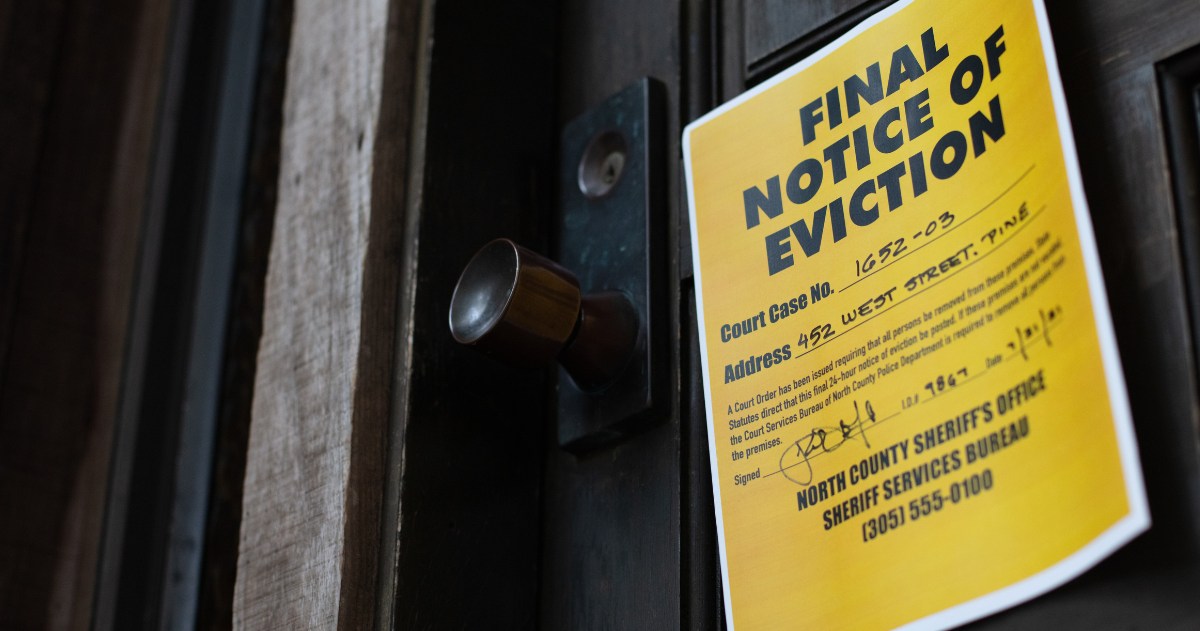If you have a family cottage, it’s probably the home of treasured memories for generations of your family. But with rising property taxes, children having families of their own and general upkeep costs, passing it down may seem like more of a dream than a reality. But it can be done with careful estate planning.
Have a frank discussion with your family
Talk to your adult children about estate planning, and don’t just assume they will all want an equal part in the cottage. If you leave it to all of them, one of them may not be able to pay shared costs, or another may not want it at all. Drawing up an estate plan that works for everyone in advance will save your family headaches down the road. It may, for example, be easier to leave it to the one adult child who plans to use it the most, and make them responsible for managing family requests to use the cottage, which will effectively be theirs.
Taxes are one of the main reasons that families who have been left a cottage end up having to sell it – but there are ways to mitigate your tax bill.
1. Determining your primary residence
When an estate is passed on, there is less of a tax burden for passing on a primary residence than there is for secondary properties. To be considered a primary residence, you need to own it and ordinarily inhabit it. “Ordinary habitation” can be around three months of the year, a number that’s easy to reach between summer and holidays alone. If your cottage is worth more than your home, you will definitely want to look into doing this.
2. Look into building a trust
A trust is an egalitarian way to leave the cottage to a number of adult children, which gives them all an equal say in the trust, which effectively owns the property. You should have an accountant specializing in taxation and a lawyer involved in setting up a trust, since there are many small details to look out for in order to ensure that the trust operates properly. One of these details is being aware of the 21-year deemed fair market value sale rule, which can be unwound on a tax-free basis if the trust is set up correctly.
Keep Your Receipts for Adjusted Cost Base
Christine Van Cauwenberghe, Vice-President of Tax & Estate Planning at Investors Group, states in this article that you should keep an eye on your cottage’s Adjusted Cost Base (ACB) to minimize taxes on capital gains. To do this, keep any receipts related to capital improvements, such as putting on a new roof or installing a new water heater.
With the help of a professional and some careful planning, your family may be able to enjoy your much-loved retreat for another generation.





